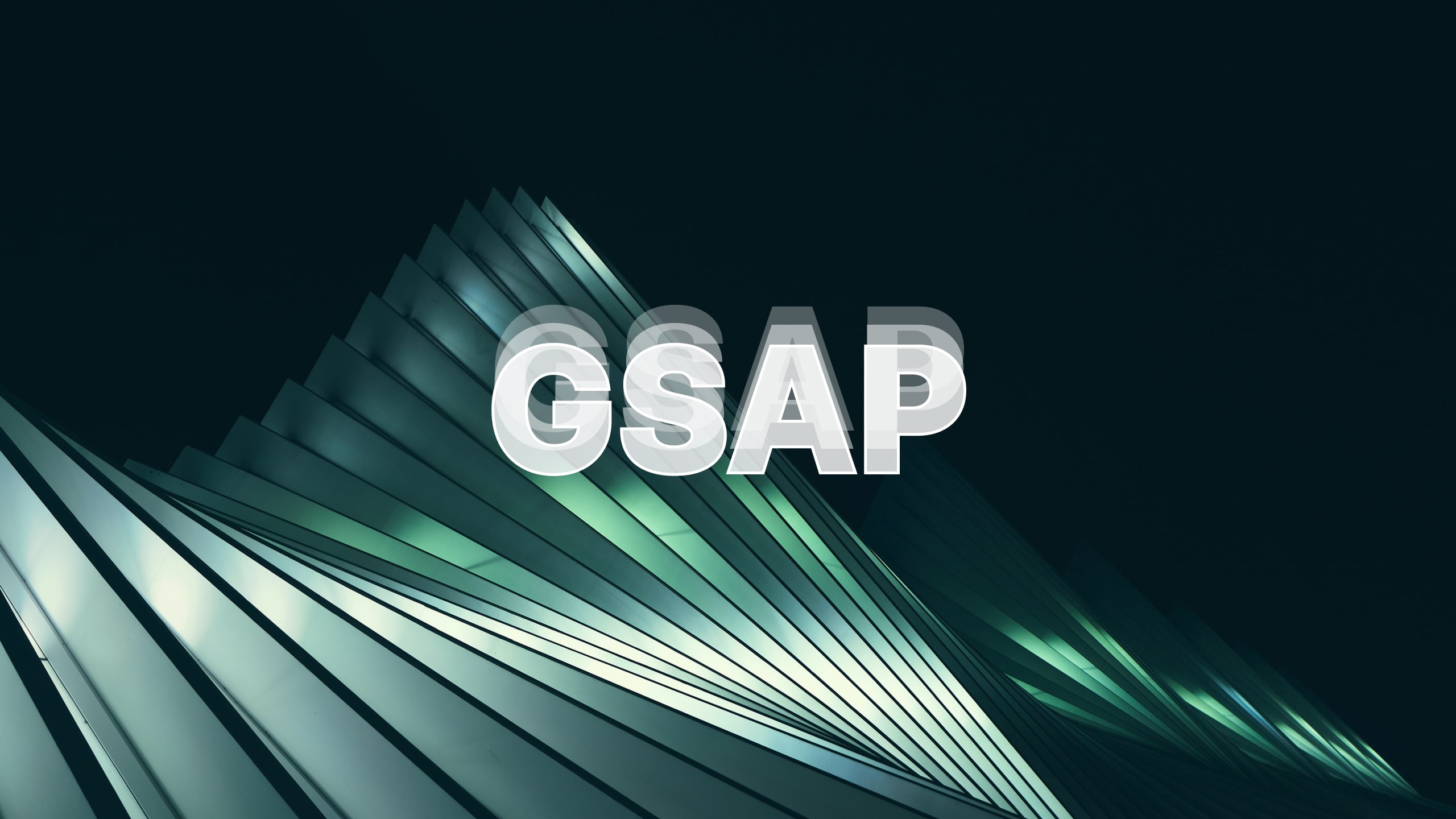Welcome to the world of web development! If you’re reading this article, then you’re probably new to coding and feeling a bit overwhelmed. Fear not, as I’m here to tell you that coding isn’t as scary as it seems, and with the right mindset and tools, you can master it in no time.
As a beginner, the thought of coding can be daunting. With all the complex jargon and programming languages out there, it’s hard to know where to start. But before you throw in the towel and give up on your dreams of becoming a web developer, take a deep breath, and read on.
Here are some tips and tricks to help you navigate the world of web development:
1. Start with the basics: HTML and CSS
If you’re new to coding, HTML and CSS are the two most important languages you need to learn. HTML stands for HyperText Markup Language and is used to create the structure of a website. CSS, on the other hand, stands for Cascading Style Sheets and is used to style the website.
One of the best things about HTML and CSS is that they are relatively easy to learn, even for beginners. You don’t need to have any prior coding experience to get started, and there are plenty of online resources and tutorials available to help you learn.
2. Use online resources
Speaking of online resources, the internet is your best friend when it comes to learning to code. There are countless websites, forums, and video tutorials available that can help you learn to code.
One of the best websites for beginners is Codecademy. Codecademy offers a variety of free and paid courses in programming languages such as HTML, CSS, JavaScript, and more. The site is easy to use, and the lessons are interactive, making it an excellent tool for beginners.
3. Find a community
One of the best ways to learn to code is by surrounding yourself with like-minded individuals. Whether it’s joining a coding club at school or finding a community online, having a support system can make all the difference.
Communities such as GitHub, Reddit, and Stack Overflow are great places to connect with other developers and get answers to your coding questions. Joining a coding group on Facebook or LinkedIn is also an excellent way to find other beginners to connect with.
4. Practice makes perfect
Like anything in life, practice makes perfect. The more you code, the more comfortable you’ll become with the languages and syntax. Start by creating simple projects and gradually work your way up to more complex ones.
Don’t be afraid to experiment with different coding languages and tools. It’s important to try different things to find what works best for you.
5. Use code editors
Code editors are programs that help you write and edit code. They make coding more efficient and organized, saving you time and hassle. Popular code editors include Visual Studio Code, Atom, and Sublime Text.
Code editors come with a variety of features, such as syntax highlighting, auto-completion, and code formatting, which can make coding easier and more enjoyable.
6. Debugging is your friend
Debugging is the process of finding and fixing errors in your code. It’s an essential part of coding, and you’ll be doing it a lot. Don’t get discouraged if you encounter bugs or errors. They’re a normal part of the coding process.
Tools like Chrome Developer Tools and Firefox Developer Tools can help you debug your code and identify errors quickly.
7. Keep learning
Coding is a constantly evolving field, and it’s important to keep up with the latest trends and technologies. Attend coding conferences and meet-ups, read blogs and online articles, and subscribe to coding newsletters to stay informed. a coding course or boot camp can also be a great way to accelerate your learning and gain practical skills. Look for courses that cater to beginners and have a solid curriculum with experienced instructors.
In conclusion coding may seem intimidating at first, but with the right mindset and tools, anyone can learn it. Start with the basics, use online resources, find a community, practice, use code editors, embrace debugging, and keep learning. Remember, coding is a journey, and it takes time and effort to master, but the reward is worth it.
If you would like to learn how to build awesome pro level websites without learning how to code, I have the perfect course for you. I have spent over 15 years learning new skills and techniques as a web developer. Things have changed ever since I started out, now there are many tools with beautiful UI designs that can help aid front end development. My course takes you through the exact steps on how to build websites the easy way, but still have all the functions and features that all websites need. to learn more visit this link.





